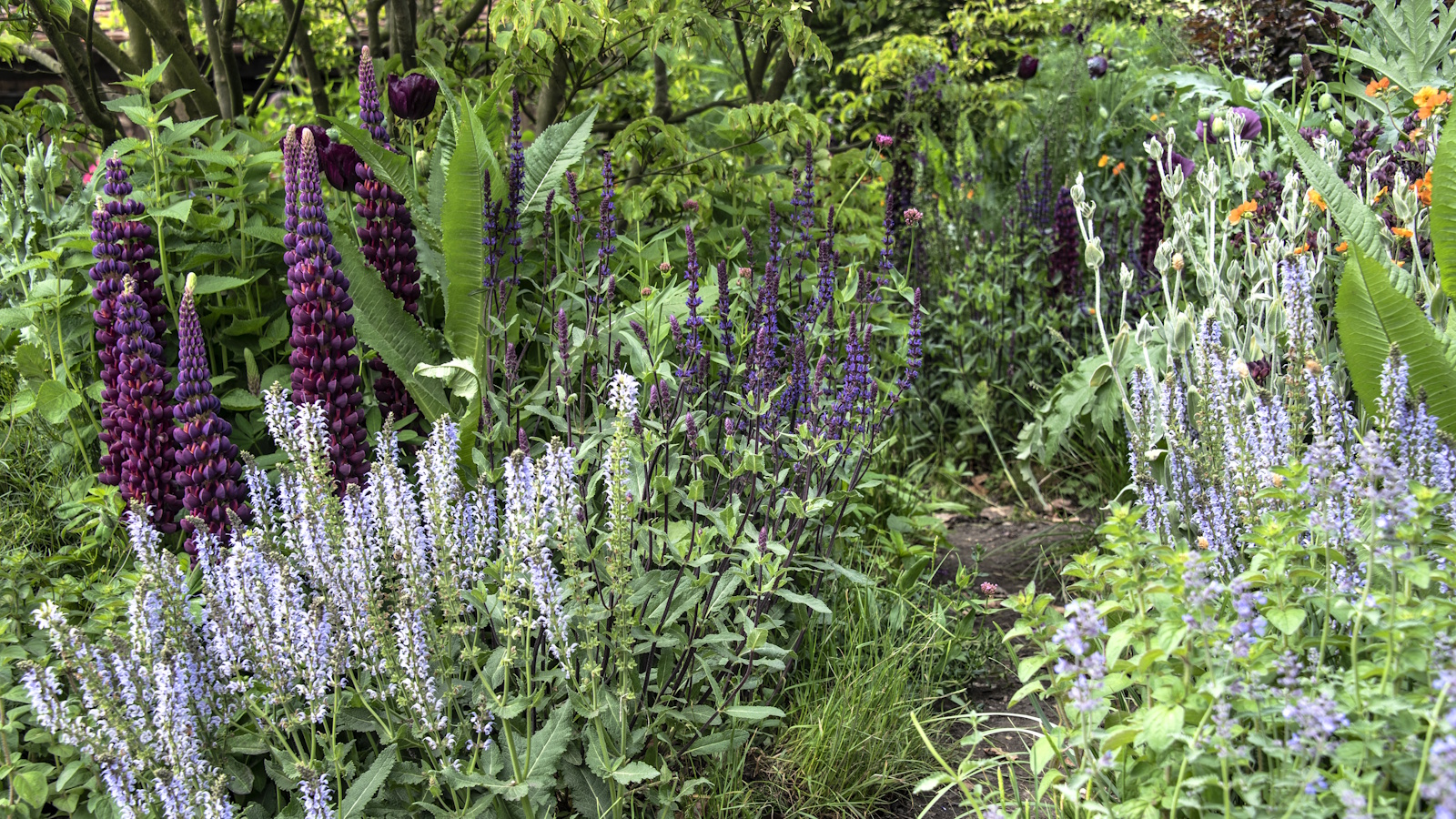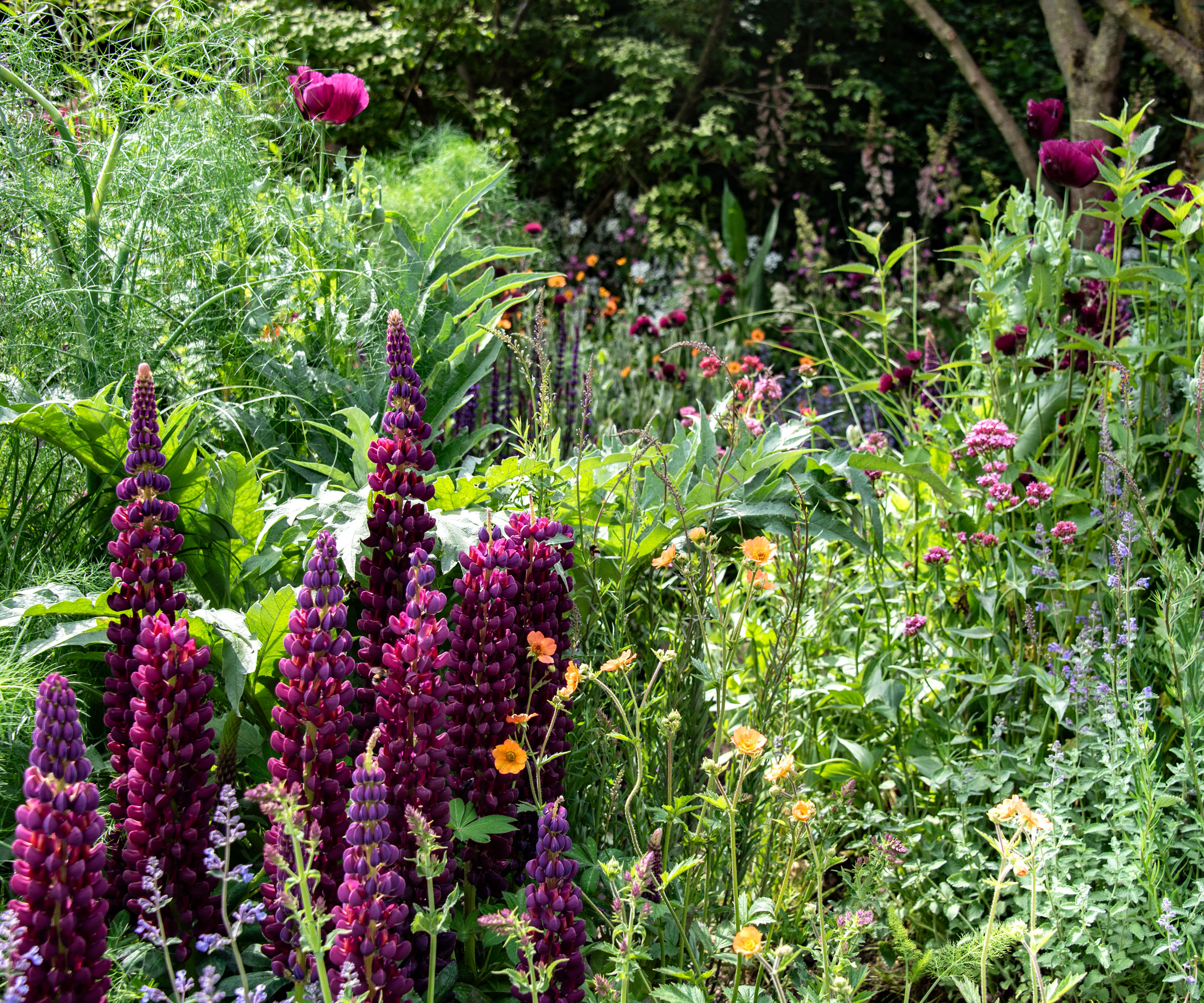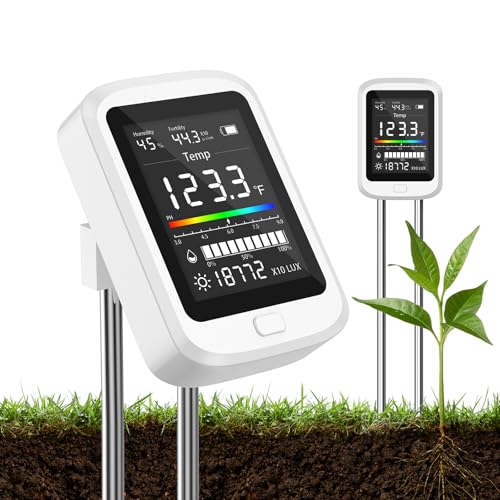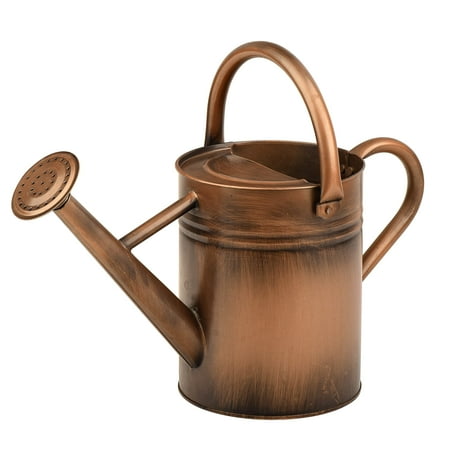Is urine the ultimate organic plant fertilizer? The science says yes – here's how it can transform your flowerbeds (for free)
Forget pricey fertilizers, this ancient approach is making a comeback


Design expertise in your inbox – from inspiring decorating ideas and beautiful celebrity homes to practical gardening advice and shopping round-ups.
You are now subscribed
Your newsletter sign-up was successful
Want to add more newsletters?

Twice a week
Homes&Gardens
The ultimate interior design resource from the world's leading experts - discover inspiring decorating ideas, color scheming know-how, garden inspiration and shopping expertise.

Once a week
In The Loop from Next In Design
Members of the Next in Design Circle will receive In the Loop, our weekly email filled with trade news, names to know and spotlight moments. Together we’re building a brighter design future.

Twice a week
Cucina
Whether you’re passionate about hosting exquisite dinners, experimenting with culinary trends, or perfecting your kitchen's design with timeless elegance and innovative functionality, this newsletter is here to inspire
As a professional gardener, I’m always seeking out new ways to feed my plants. I have steeped nettles in old buckets to brew a nitrogen-rich foliar feed, hoarded banana skins from the trash for a potassium fix, and even smashed eggshells to make a calcium-rich powder to sprinkle around the yard. But one method, recently back in the news, is raising eyebrows: using urine as plant fertilizer. Yes, really.
Hear me out. The ancient Greeks and Romans did it, after all. And while not everything from classical times deserves a revival, using urine as plant fertilizer might be worth reconsidering. You may have recently seen reports or heard talk touting this seemingly odd but smart solution that is a cost-free fertilizer packed with the very nutrients plants crave.
So, if you are wondering how to make plant fertilizer this year – for lush foliage, greener lawns, or brilliantly blooming flower beds – it might be time to try an alternative approach. Below, I explain why urine works as a plant feed, how to use it correctly and reveal some mistakes to avoid. And, if you decide it is not for you? Well, that's fine, but it still makes for a good dinner party conversation topic (in select company, of course).
Why are gardeners using urine as plant fertilizer?

Human urine contains a mixture of nitrogen, phosphorus and potassium, otherwise known as plant fertilizer numbers 'NPK'.
These letters and numbers might be familiar to you, and you may recall seeing them listed on every commercial fertilizer label, which can be a little overwhelming at the garden nursery.
They needn't be confusing; just think that these numbers reveal the balance of elements contained in the feed, and different formulas have different results when it comes to plant and soil health.
You may have seen one or two headlines in recent months and years, with numerous scientific studies demonstrating that human urine can be safely utilized as a fertilizer. So, when used correctly, there is no need to worry about negative unintended consequences.
Design expertise in your inbox – from inspiring decorating ideas and beautiful celebrity homes to practical gardening advice and shopping round-ups.
Nitrogen makes up the lion’s share of the composition of urine. In terms of what does nitrogen do for plants, it is best thought of as promoting vigorous leafy growth, which is why your lettuces and kale crops thrive with high-nitrogen feed.
If you want a nitrogen-rich feed but don't want to try using urine, which is understandable, try something like this organic fish emulsion fertilizer, available from Walmart, which has an NPK ratio of 5-1-1.
While phosphorus and potassium are also present in urine, the NPK ratio is estimated to lean heavily towards nitrogen (somewhere around the 10-1-2 level), so I would suggest thinking of a diluted urine fertilizer as a nitrogen-rich feed, rather than an all-purpose fertilizer.
Beyond nutrients, urine also plays a role in improving soil microbial activity. A 2024 study in Applied Soil Ecology found that urine increased the abundance of beneficial bacteria in soil, without disrupting the broader microbial ecosystem.
How to use urine as plant fertilizer

Using urine as plant fertilizer is incredibly simple, but there is one catch: you must dilute it.
For most plants, a 1:10 ratio of urine to water is ideal. That’s roughly one cup of urine to a watering can.
Once mixed, water your soil (not the foliage). Do this once every two or three weeks for vegetables and leafy crops.
While you can use urine as a plant fertilizer for perennials and flowers, you may find that the high nitrogen content reduces blooms.
So, in terms of the best fertilizer for flowers, I would instead suggest using something high in phosphorus and potassium, like this organic bloom booster feed by Espoma, available from Amazon now.
FAQs
Can I use urine as a lawn fertilizer?
Yes, you can use urine to fertilize a lawn, but the trick is to correctly dilute the solution to avoid burning the grass. Urine contains nitrogen, which is good for a healthy green lawn, but it is also high in salts, which can be harmful in concentrated amounts, so be sure to dilute at a 1:10 ratio (or even weaker), as recommended above.
Can I use urine to feed edible plants?
Yes, you can use urine to feed edible crops, but do so with care. Always dilute it and apply it to the soil, not the foliage. I would also suggest feeding only leafy crops, as opposed to root vegetables that you harvest from the soil.
So, while it may sound a bit strange, there are many benefits to using urine as plant fertilizer that is both free and all-natural. Plus, it is sustainable, and hasn't been produced far away and shipped to your region.
If you are still a little bit sceptical, why not start by learning how to put urine on compost, as the high nitrogen content will help to speed up decomposition. Our guide has all the information you need to get started.
Shop essential garden kit

Thomas is a Content Editor within the Gardens Team at Homes and Gardens. He has worked as a professional gardener for both public spaces and private estates, specializing in productive gardening, growing food and flowers. Trained in Horticulture at the Garden Museum, he has written on gardening and garden history for various publications, including The English Garden, Gardens Illustrated, Hortus, The London Gardener and Bloom. He has co-authored a Lonely Planet travel book, The Tree Atlas, due out in 2024.

![Organic Plant Magic - Truly Organic™ Fast-Acting Water Soluble Plant Food - All-Purpose Fertilizer Concentrate for Flower, Vegetable, Herb, Fruit Tree, Garden & Indoor Houseplants [one 1/2 Lb Bag]](https://cdn.mos.cms.futurecdn.net/sz69bfYcxUbPUi6jgQHCbP.jpg)
